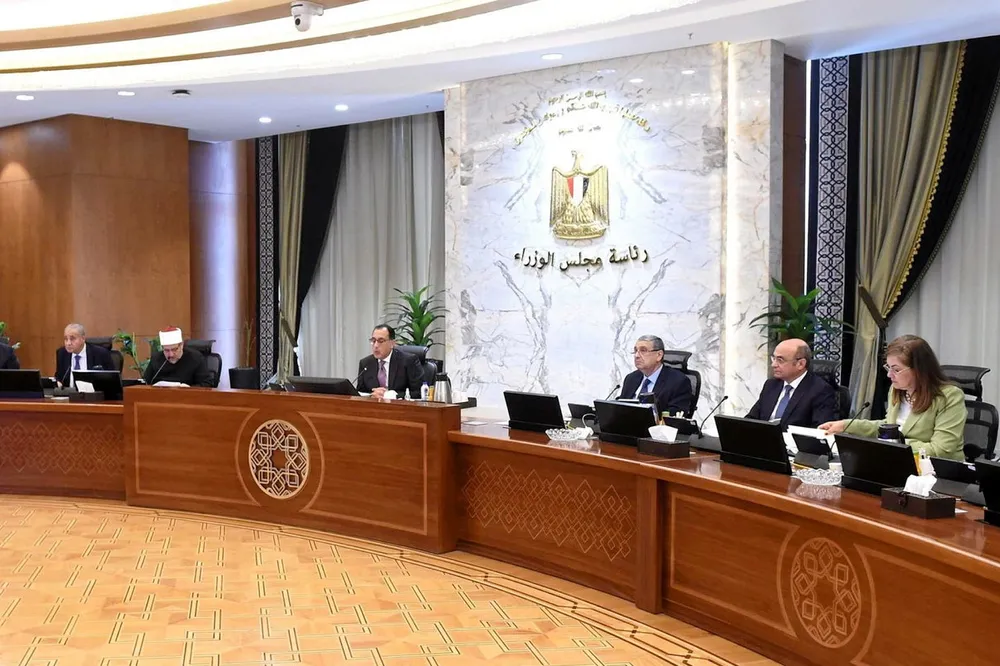Egypt tables tax credit of up to 55% on green hydrogen projects in draft H2 law
But projects must secure at least 70% of their project financing from foreign investors, says North African country

But projects must secure at least 70% of their project financing from foreign investors, says North African country
